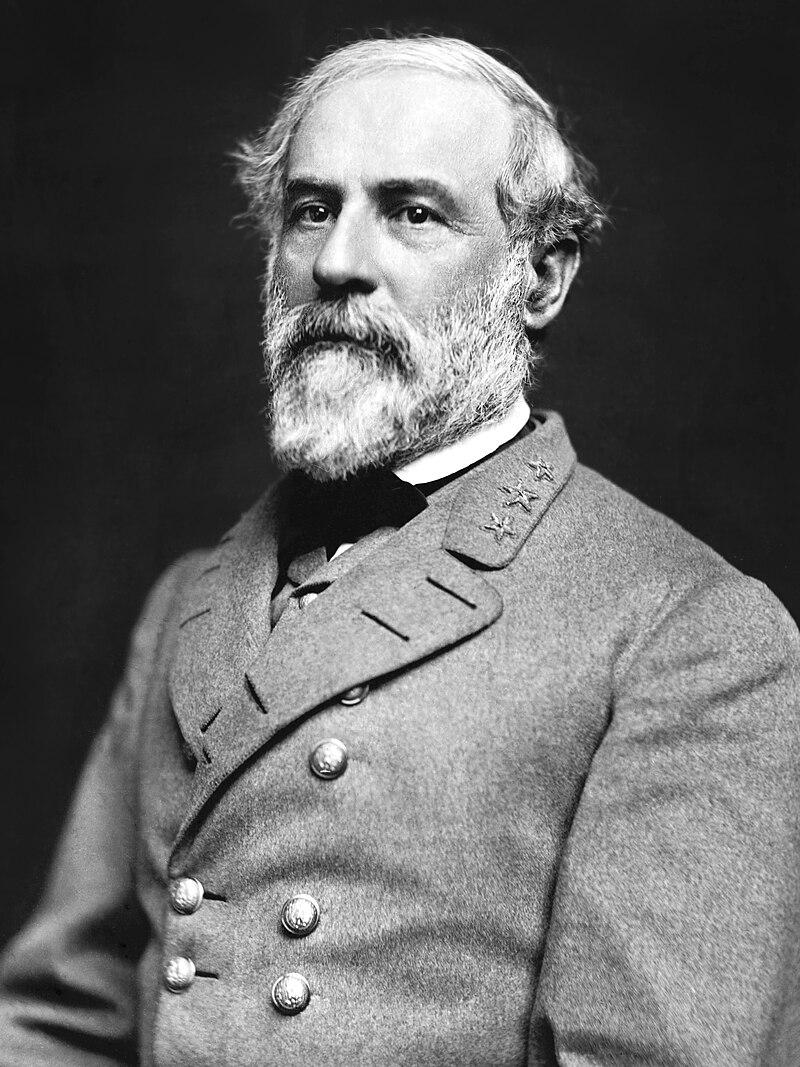On April 9, 1865, at Appomattox Court House in Virginia, the course of American history changed dramatically as General Robert E. Lee formally yielded his Confederate forces to General Ulysses S. Grant. This signaled surrender and a close to the Civil War. Lee’s surrender brought about the Confederacy’s end and paved a crucial path toward U.S. reunification. It’s important to note that this was before Texas’s enslaved community became aware of their freedom during Juneteenth, a celebration of the emancipation of those enslaved in the United States. Regional fighting continued even after Lee’s surrender.
Following four grueling years of the Union fighting to protect the country and abolish slavery, the Confederate forces finally surrendered. Union forces surrounded Lee’s army, which could no longer fight. Grant offered generous terms, allowing officers to keep their sidearms and permitting Confederate soldiers to return home. The event marked a significant turning point in American history and the conclusion of the military battle.
In this historic incident, the significant role of African American soldiers cannot be overstated. The 29th, 31st, and 116th Infantry Regiments played a crucial part among the first Union forces to arrive in Appomattox from the west. Several Confederate soldiers, recognizing the valor of the U.S. Colored Troops, surrendered to them. The escape of the Confederates was impeded by more USCT regiments securing the rear. The involvement of Black troops was not just important; it was instrumental in securing victory for the Union and advancing the cause of freedom.
The war’s conclusion introduced fundamental transformations to the existing reality. Slavery ended, but federal control expanded, and Reconstruction started as changes swept across political and social domains in the United States. In and outside military operations, African Americans created a base for future civil rights progress through their emancipation and courageous efforts. The work of African American troops and regular citizens made freedom movements that would last for decades possible.

